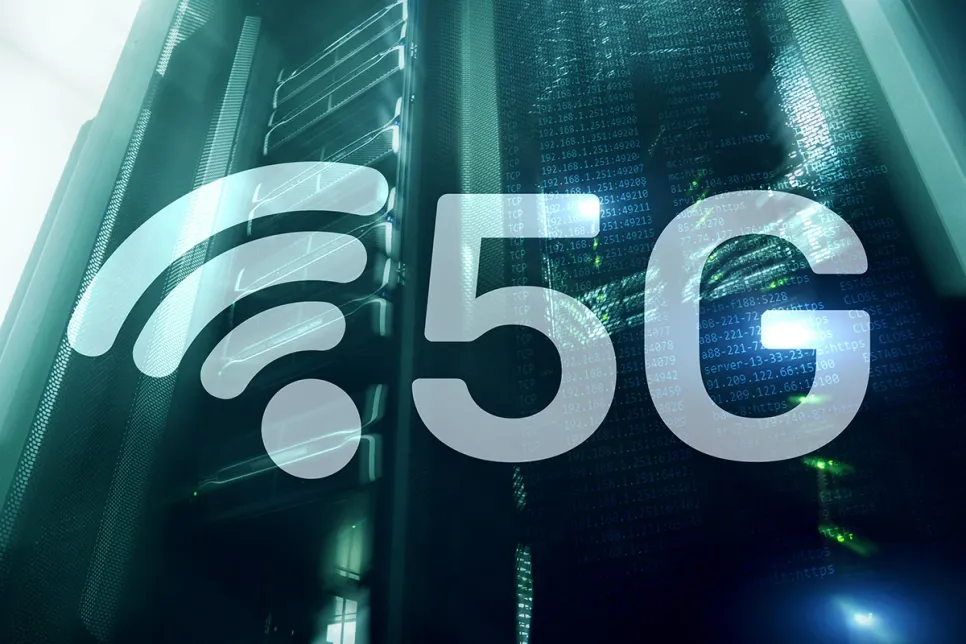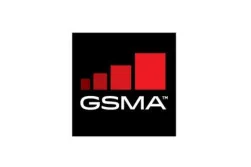Swisscom, in partnership with Ericsson and handset maker OPPO, has opened the next chapter of Europe's 5G story by successfully carrying out 5G voice and data calls over a commercial 5G standalone network. All of Europe’s live 5G networks are deployed in 5G non-standalone mode, providing greater data rates while the signaling is supported by the underlying 4G network.
Gradually, most if not all 5G non-standalone deployments are expected to make the transition to 5G standalone mode, offering even faster connection times and immediate access to the wide 5G bandwidth. With lower latency performance characteristics and opportunities for end-to-end network slicing, the flexible 5G standalone architecture will enable new opportunities for innovation for use cases such as augmented- and virtual reality (AR/VR), smart factories, and connected vehicles.
In a major step towards full deployment of the 5G standalone architecture nationwide, Swisscom recently carried out live 5G standalone voice and data calls using Voice over New Radio (VoNR) and carrier aggregation along with Ericsson Spectrum Sharing. The calls were made on Ericsson 5G Radio Dot, 5G Core and IMS deployed on Ericsson NFVI, using the smartphones OPPO Find X2 Pro and OPPO Reno 4Z 5G with two different chipsets.
By combining the low-band wide-coverage FDD spectrum and the mid-band, high capacity TDD spectrum, Ericsson’s 5G Carrier Aggregation solution will effectively boost 5G coverage and capacity. Ericsson Spectrum Sharing on the other hand, is expected to continue to play an integral part in the service provider’s transition to the 5G standalone architecture and wider 5G area coverage.
Ericsson is Swisscom’s supplier when it comes to mobile broadband communications and both companies have previously collaborated in landing many of Europe’s early 5G milestones. In 2016 , both partners first launched the 5G for Switzerland program, together with EPFL, to drive 5G development in the market. In April 2019, Swisscom and Ericsson succeeded in deploying the continent’s first commercial 5G network. Just a few months later, in December 2019, Swisscom became the first European service provider to switch on nationwide 5G population coverage, a feat which was made possible by Ericsson Spectrum Sharing.
Swisscom are known to have one of the best networks in Europe, if not the world, when it comes to mobile user experience. In the recent Umlaut Connect 2020 network test, the service provider was again recognized as having the best network in Switzerland, scoring the highest numbers of points in the overall DACH region.



















